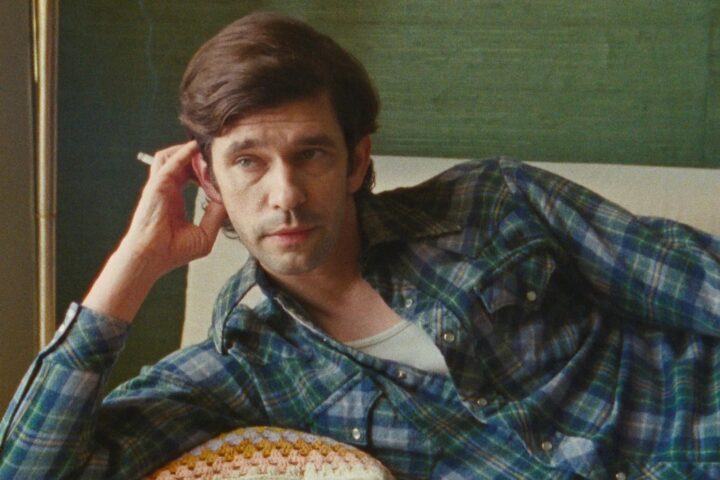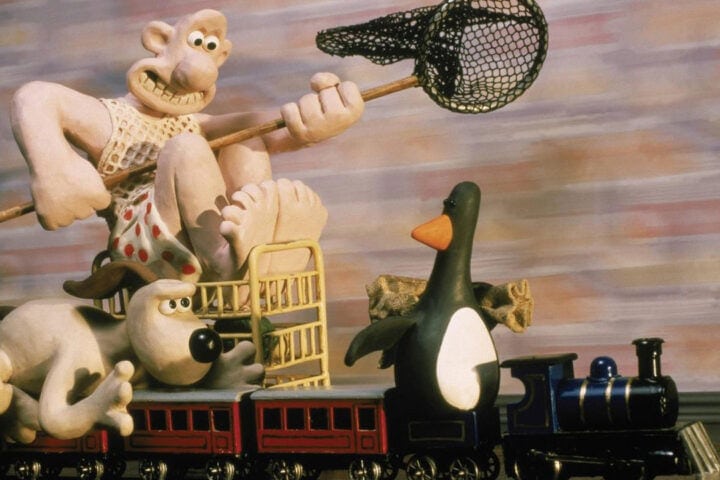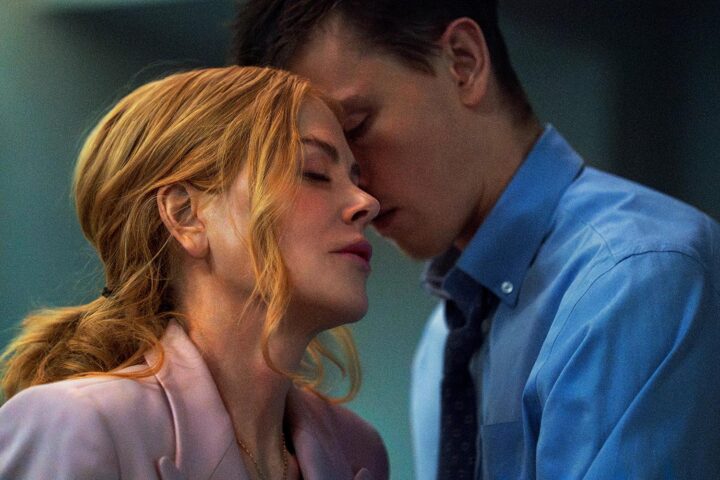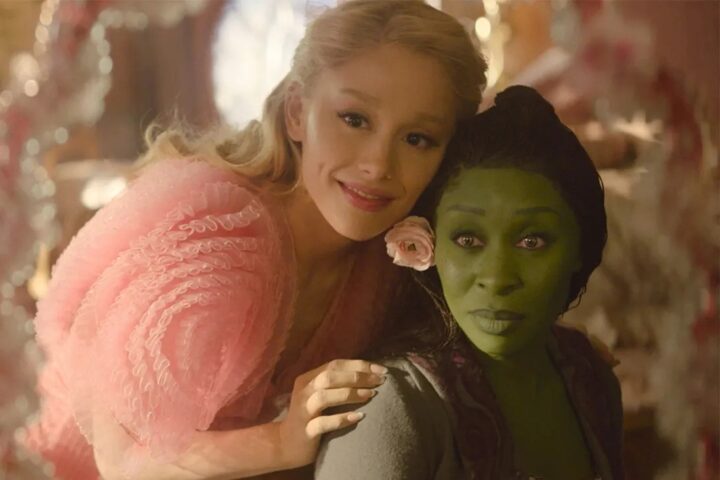The Paddington films have always been about learning to feel at home. In the first film, Paddington (voiced by Ben Whishaw) adapts to life in London while his adoptive family, the Browns, figure out how to integrate the bear into their household. And in the second film, Paddington even turns a prison into a kind of domestic paradise using nothing but good manners and some fine marmalade. Now, Paddington in Peru presents the series with its biggest challenge, catapulting its characters to the other side of the planet as Dougal Wilson, making his feature directorial debut, takes over from Paul King. And yet, in spite of all these changes, the series has never felt more at home in its own furry skin than it does here.
The film begins with the exciting arrival of Paddington’s first British passport. But the young bear has barely had time to celebrate this great moment when he’s forced to put the little blue book to use on a flight back to his birth country of Peru, where his beloved Aunt Lucy (Imedla Staunton) has mysteriously vanished. And so Paddington, with the rest of the Brown family in tow, finds himself on a journey through the jungles and up into the mountains in search of her.
Naturally, their adventure brings them into contact with some new, larger than life characters. Chief among them is the spiteful Reverend Mother (Olivia Coleman), who runs the Home for Retired Bears where Aunt Lucy had been living, and Hunter Cabot (Antonio Banderas), the handsome riverboat captain who agrees to act as the Brown family’s guide.
In family-oriented films, the big-name supporting stars often act as a joke in and of themselves—overplaying punchlines for the kids while parents smirk at the sight of familiar faces caught up in something so childish. But no such slumming is permitted in the Paddington franchise, with every actor here gamely keying their performances to the warmly eccentric tone of the film.
Coleman plays the Reverend Mother with a mad-eyed smile that can only be the result of true religious zeal—or altitude sickness—and Banderas chews the scenery as both the gravelly, charismatic Hunter and the ghosts of the Cabot family members who haunt him. Through it all, the film doles out their antics in just the right amounts to ensure they never become tiresome.
Like its predecessors, Paddington in Peru’s preference for practical effects serves it well, lending a tactile quality to our hero’s world; the film does a tremendous job of blending the CGI bear into his live-action surroundings, from him sitting in a cozy living room back in London to tumbling through Peru’s dense, green trees. Visually, Wilson picks up where King left off with an aesthetic that’s essentially Wes Anderson-lite—lots of flat, fussily composed frames colored with the vivid shades of a child’s picture book. Characters occasionally speak directly into the camera, and there’s even one scene in which the Brown household is rendered as a dollhouse with the front section removed. This is a film that wears its inspiration on its neatly pressed sleeves.
Paddington in Peru, though, doesn’t have the underlying darkness that an Anderson film does. There are no hidden traumas, and everything really is as safe as the film’s sunny surface suggests. Paddington’s quest to find his aunt enjoys a few moments of mild peril, but even these are played mostly for laughs. The danger is short-lived, the villains easily forgiven. This is confectionary cinema—sweet, light, and wanting little more than to make its audience smile.
Which isn’t to say that there’s no substance here at all. Paddington’s adoptive mother, Mary Brown (Emily Mortimer, ably taking over the role from Sally Hawkins) is dealing with the first pangs of empty nest syndrome as both Paddington and her two human children, Judy (Madeleine Harris) and Jonathan (Samuel Joslin), prepare to leave home. The film never leans too heavily on this aspect of the story—in fact, it’s largely forgotten for much of the runtime—but it still provides an affecting emotional core, and a finale that’s sure to jerk a few tears.
And while it’s never didactic or heavy-handed about its messaging, Paddington in Peru also offers an idea of Britishness that’s multifaceted and modern, as the titular bear celebrates his official status as a citizen of the U.K. while reconnecting with is Peruvian roots. At a time when Britain is being blighted by xenophobia disguised as patriotism, there’s something truly heartwarming about a film that stands so stalwartly behind the idea of Britain as home, as much for those who were born there as those who came all the way from “deepest, darkest Peru.”
Since 2001, we've brought you uncompromising, candid takes on the world of film, music, television, video games, theater, and more. Independently owned and operated publications like Slant have been hit hard in recent years, but we’re committed to keeping our content free and accessible—meaning no paywalls or fees.
If you like what we do, please consider subscribing to our Patreon or making a donation.






Paddington’s originator Michael Bond apparently chose Peru for the bear’s country of origin only because he had been correctly informed that there are no bears in his original choice of ‘Darkest Africa’. So there’s not much to celebrate there. As for this film, it is only the British characters who have much depth: it is the standard even in the “multifaceted and modern” UK to regard foreigners as less important.
I expect Michael Bond to turn in his grave. What a load of pretentious crap. I am, by the way, only 70. But I enjoyed listening to Michael playing Jazz in the 1960’s and 1970’s. I also enjoyed the books as a young child. I didn’t need such misguided and useless analysis of entertainment then, and, strangely enough, I still don’t need it.
I expect Michael Bond to turn in his grave. What a load of pretentious crap. I am, by the way, only 70. But I enjoyed listening to Michael playing Jazz in the 1960’s and 1970’s. I also enjoyed the books as a young child. I didn’t need such misguided and useless analysis of entertainment then, and, strangely enough, I still don’t need it.